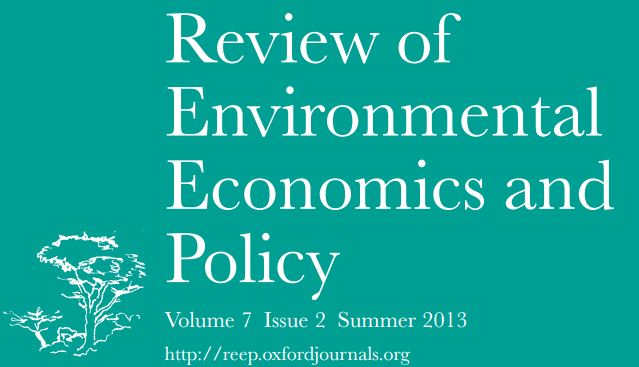Published in the Review of Environmental Economics and Policy (Summer 2013, Vol. 7, No. 2):
“Transaction Costs and Environmental Markets: The Role of Entrepreneurs”
Abstract
At the core of environmental economics is the potential for a divergence between private and social costs (based on the work of A. C. Pigou) and the potential for private contracts to shrink this divergence (based on the work of Ronald Coase). A close examination of Pigou and Coase reveals that the two are not so far apart, with Pigou emphasizing “technical difficulties” and Coase emphasizing transaction costs as the reason that private actors do not account for all costs and benefits. Building from this emphasis on transaction costs, we identify environmental entrepreneurship as an important but underappreciated force for improving resource allocation. Entrepreneurs guide the evolution of property rights, which in turn can lower the transaction costs of using markets to solve environmental problems. We define three types of entrepreneurs—those who establish contracts over existing property rights in innovative ways, those who create new environmental property rights, and those who elicit private payments for public goods—and provide examples of how these entrepreneurs have improved resource allocation. These examples offer lessons about how government can encourage or discourage entrepreneurship.
Click here to read the full text.
Click here to download the pdf.





